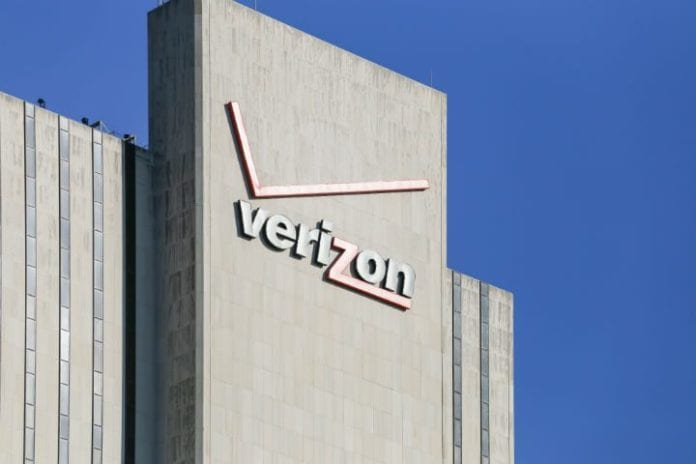Verizon has also completed trials of Pivotal Commware’s mmWave repeater technology
Verizon announced that is has expanded its 5G Home, making the enhanced service available in parts of Houston. The enhanced service, designed to provide better, more reliable wireless internet, comes as work, school and socialization continue to largely take part at home for many Americans, as a result of the COVID-19 pandemic.
In addition, the operator completed trials of Pivotal Commware’s mmWave repeater technology. The trials, conducted in Dearborn, Michigan, demonstrated that, when placed strategically, the intelligent repeaters were able to boost Verizon’s 5G Ultra Wide Band signal, improving 5G coverage and performance, said the company.
“Compared to lower spectrum bands, 5G over mmWave offers far more speed and throughput, is more energy efficient, experiences less signal interference over the air, and has a much greater capacity for expansive scalability,” said Kevin Smith, VP of network planning for Verizon. “As we’ve known since our very early trials, high band spectrum provides more limited coverage from macro cells. Introducing repeaters like the ones we are trialing from Pivotal will help us expand the footprint of our new 5G Ultra Wide Band network and provide another tool in the toolbox for robust network design.”
In a previous discussion with RCR Wireless News, Brian Deutsch, CEO of Pivotal Commware, explained that signal repeaters turn mmWave’s weakness into its strength. Typically, he said, because a signal repeater is nondiscriminatory, when used with sub-6 GHz frequencies, those signals tend to travel too far and in too many directions, bouncing off everything, creating significant network interference.
“With sub-6 signals, you would fix one problem and create four others,” Deutsch added. “But, guess what? That doesn’t happen with mmWave, because those signals are ridiculously deterministic.”
Millimeter wave signals are point-to-point and line-of-sight. When it hits a building, it usually dies, allowing a company like Pivotal Commware to place a repeater product on the window, with one side facing the user and the other facing the base station, and capture, condition and amplify the signal, and then propagate it with accuracy.
“This is what’s really special about mmWave,” Deutsch said. “The perceived weakness of it are also its strength. This is certainly making lemonade from lemons.”
When it comes to this latest Verizon news, Deutsch said that Pivotal is “delighted to partner with Verizon to accelerate their 5G Ultra Wideband rollout, adding, “We believe the immersive ultra-wideband 5G experiences people want are possible only with the massive bandwidth available at mmWave frequencies.”
Verizon recently expanded its 5G Home service to parts of Detroit, as well as enhanced service to parts of Indianapolis and Los Angeles. 5G Home Internet is expected to be available in 10 U.S. cities by the end of 2020.

